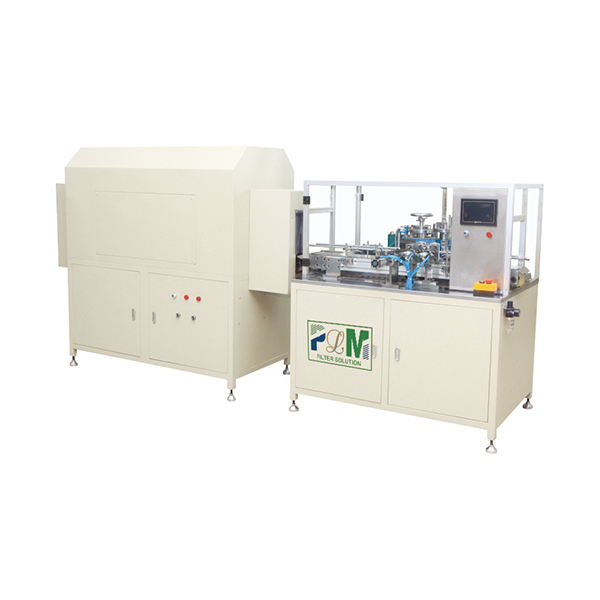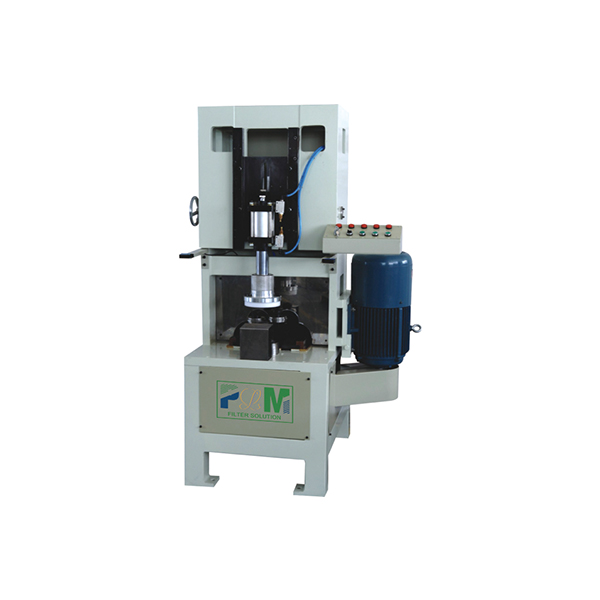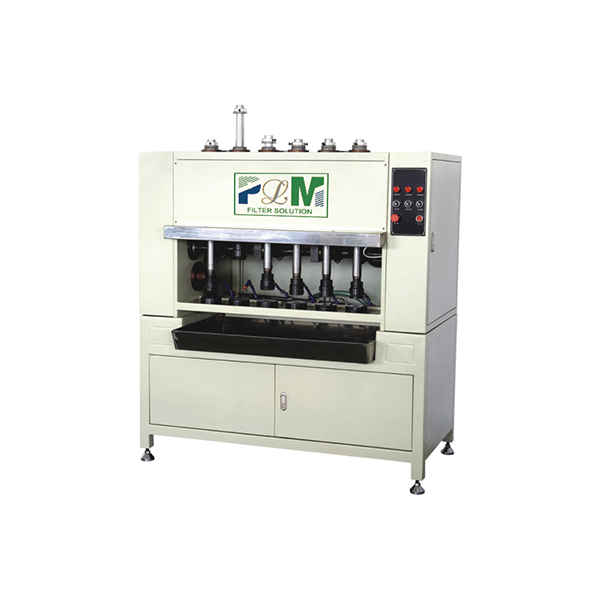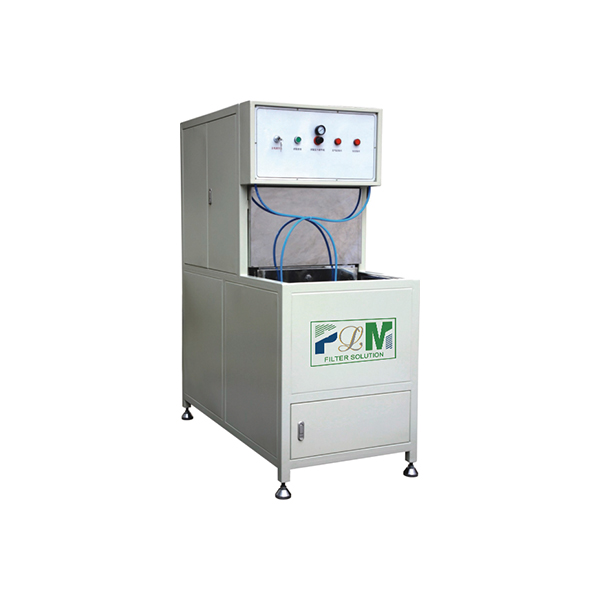Nov . 14, 2025 22:30 Back to list
Reliable Water Filter Machines for Hospitals | Clean & Safe Supply
A Brief Look at Water Filter Machines for Hospitals and Why They Matter
Water filter machines for hospitals are far more than mere plumbing upgrades. They represent a critical linchpin in healthcare safety and hygiene worldwide. Imagine thousands of patients relying daily on clean water — for wound cleaning, sterilization, or even drinking — without which countless infections could spiral out of control. Understanding these systems sheds light on how hospitals manage risk, comply with health standards, and work towards sustainable, smarter water management.
In a world grappling with resource scarcity and increasing disease threats, getting hospital water right is a cornerstone of public health strategy.
The Global Importance of Water Filter Machines for Hospitals
Globally, tens of thousands of hospitals and clinics depend on advanced water filtration systems to meet stringent safety requirements. According to WHO, healthcare-associated infections affect hundreds of millions annually, often tied to water quality issues. Hospitals especially in developing regions must tackle challenges like microbial contamination, chemical pollutants, and supply instability.
ISO 24510 and other international standards stress water safety plans for healthcare facilities. Yet, in many places, aging infrastructure or lack of onsite filtration means risks remain high. That’s where modern water filter machines for hospital applications step in — blending technology with stringent quality control.
Globally, deploying reliable filtration systems has become a public health imperative — and with water filter machines for hospitals, this task becomes achievable and sustainable.
What Exactly Is a Water Filter Machine for Hospital Use?
Simply put, a water filter machine designed for hospitals is a specialized device that removes contaminants — from biological pathogens like bacteria, viruses, and cysts to chemical impurities, sediment, and heavy metals — ensuring that hospital water meets precise purity standards. Unlike generic filters, these units incorporate multi-stage chemistries, ultrafiltration membranes, UV sterilization, and sometimes even reverse osmosis, fashioned explicitly for healthcare settings.
They connect directly to hospital water lines, supplying sterile or near-sterile water for sensitive tasks: instrument cleaning, surgical prep, patient hydration, and lab procedures. When water quality dips, risks rise. So they’re not just convenient, they’re life-saving.
Core Components and Features of Effective Hospital Water Filter Machines
1. Multi-Stage Filtration
These machines typically use several stages—sediment pre-filters remove visible particles, activated carbon tackles odors and chlorine, ultrafiltration membranes capture microorganisms, and UV lamps provide final disinfection. Each layer complements the others to create a fail-safe barrier.
2. Durability & Compliance
Hospital filters must endure continuous heavy use without failure and comply with health regulations like the FDA, EPA, or local medical standards. Robust stainless steel housings and FDA-approved membranes are common.
3. Scalability and Flow Rate
Hospitals vary in size; from small clinics requiring around 500 liters daily to large hospitals needing thousands. These machines can be sized or modularly linked to keep up with fluctuating demand.
4. Real-Time Monitoring & Automation
Advanced devices incorporate smart sensors monitoring flow, filter integrity, and water quality, delivering alerts before issues develop—crucial for uninterrupted patient care.
5. Energy & Water Efficiency
Modern systems focus on minimizing waste water and energy, often integrating eco-friendly designs aligned with hospital sustainability goals.
Mini takeaway: The heart of hospital water filter machines lies in sophisticated, layered filtration combined with durability and smart operation — all critical for safety and efficiency.
Practical Applications of Water Filter Machines in Healthcare Settings
- Emergency and Disaster Relief: Mobile hospital units in disaster zones rely on portable filters to secure potable water instantly.
- Urban Hospitals: Established hospitals upgrade aging infrastructure with sophisticated filtration to minimize risk of nosocomial infections.
- Remote Clinics: In rural or underdeveloped areas, standalone water filter units enable safe water supply without centralized municipal care.
- Research Laboratories: Precision filters provide ultra-pure water critical for biochemical assays and sensitive diagnostics.
One interesting example comes from a refugee camp clinic in East Africa, where solar-powered filtration units reduced waterborne illnesses by 40% within six months — saving both costs and lives.
Advantages and Long-Term Value of Water Filter Machines for Hospital Use
These systems bring multi-faceted benefits that ripple far beyond just clean water:
- Cost Efficiency: Preventing infections reduces treatment costs, hospital stays, and liability.
- Patient Safety & Trust: Reliable filtration supports a safe environment, which patients and staff directly experience and value.
- Environmental Sustainability: Cutting down plastic waste (bottled water), water wastage, and energy aligns with global green healthcare trends.
- Compliance: Meeting regulatory standards is easier, avoiding costly fines and reputational damage.
On a personal note, many hospital engineers note upgrades to hospital filters as “invisible heroes” — unnoticed until badly needed but utterly essential in crisis.
Key Product Specifications at a Glance
| Specification | Typical Range | Notes |
|---|---|---|
| Flow Rate | 500 – 5,000 l/day | Scalable by model or modular links |
| Filtration Stages | 4 – 6 | Includes sediment, carbon, ultrafiltration, UV |
| Filter Lifespan | 6 – 12 months | Depends on water quality and usage |
| Power Usage | 50 – 150 Watts | Some models offer solar options |
| Materials | FDA-approved plastics, Stainless steel housing | Ensures durability and safety |
Comparing Top Vendors Offering Hospital Water Filter Machines
| Vendor | Technology | Pricing | Key Features | Global Reach |
|---|---|---|---|---|
| PureMed Systems | Multi-stage RO + UV | $$$ (high-end) | Smart monitors & app integration | North America, EU, Asia |
| AquaHealth Filters | Ultrafiltration + Carbon | $$ (mid-range) | Modular, solar compatible | Africa, Latin America |
| MedPure Technologies | Carbon + UV + Sediment | $ (budget-friendly) | Compact design, easy maintenance | South Asia, Middle East |
Emerging Trends and Innovations in Hospital Water Filtration
Water filter machines for hospitals are evolving rapidly. Engineers are excited about AI-powered diagnostics embedded in filtration units that proactively detect microbial spikes or filter degradation before they affect water quality. Meanwhile, green energy integration — like solar-powered UV disinfection — is becoming commonplace, especially in energy-challenged regions. Additive manufacturing and new nanomaterial membranes also promise thinner, more efficient filters with longer lifespans.
Automation combined with remote monitoring is another leap, meaning hospital tech teams can remotely ensure water safety — less human error, faster response.
Common Challenges and How They’re Being Overcome
Challenges tend to revolve around maintenance complexity, initial cost, and water source variability. Frequent filter replacements and system downtime can be problematic in resource-constrained settings. Still, solutions like user-friendly modular designs and extended-lifespan membranes are lowering these barriers.
Plus, partnerships with local governments and NGOs help subsidize deployment and train staff. It’s a work in progress, but one that’s gaining traction fast.
FAQ: Your Questions About Water Filter Machines for Hospitals
- How often should hospital water filters be replaced?
- Typically, filter cartridges last 6 to 12 months, depending on water quality and usage volume. Regular monitoring helps determine the exact timing to maintain optimal performance.
- Are these water filter machines compatible with existing hospital plumbing?
- Most hospital-grade water filter machines are designed for easy integration with standard piping, but installation specifics vary. Consulting with your facility’s plumbing engineer is recommended.
- Can portable water filter systems be used in emergency field hospitals?
- Yes, many portable units are designed for rapid deployment in disaster or remote settings, often featuring solar power and compact form factors suitable for field hospitals.
- What regulatory certifications should I look for in hospital water filters?
- Look for FDA approval, NSF/ANSI certifications, and compliance with local health authority standards such as EPA or WHO guidelines to ensure safety and efficacy.
- How do water filter machines contribute to hospital sustainability goals?
- By reducing bottled water usage, minimizing wasted water through efficiency, and using energy-conscious designs, these machines help hospitals reduce environmental footprints significantly.
Conclusion: Ensuring Safe, Sustainable Water with Hospital Filtration Systems
Water filter machines for hospitals underpin not just the clinical efficacy but the very safety and dignity of care environments. Their ability to mesh advanced science with real-world resilience means fewer infections, lower costs, and greener operations — a win on all fronts. If your facility is ready to upgrade or install reliable water filtration, exploring the options at water filter machine for hospital suppliers is a smart first step. The health of your patients quite literally depends on it.
Here’s to cleaner water—and safer hospitals.
References:
1. WHO - Water Sanitation Hygiene in Healthcare Facilities: https://www.who.int/water_sanitation_health/en/
2. ISO 24510:2019 Water safety plans – Procedures for healthcare use
3. EPA Hospital Water Quality Guidelines: https://www.epa.gov/hospital-water-quality
Filter Paper: Essential Guide for Industry and Global Applications
NewsNov.23,2025Essential Guide to Filter Materials: Types, Applications, and Future Trends
NewsNov.22,2025Efficient Long Pulse Dust Collector Pleated Filters for Superior Industrial Air Quality
NewsNov.22,2025Professional Air Filter Making Machine – Efficient Air Filtration Production Solutions
NewsNov.21,2025PLAB-6 A/B Glue System-Hebei Filter Man|Precision&Adjustable Speed
NewsNov.21,2025Essential Guide to Pure Water Treatment Filter Equipment in 2024
NewsNov.20,2025






